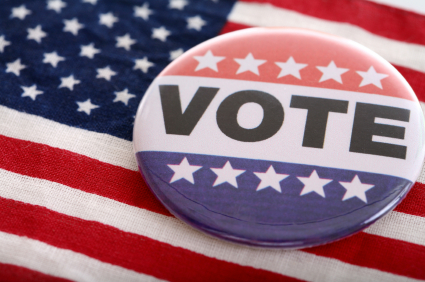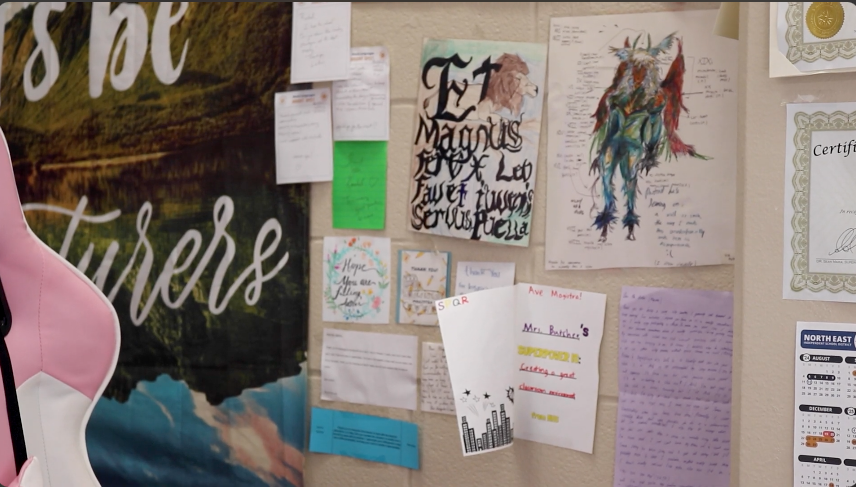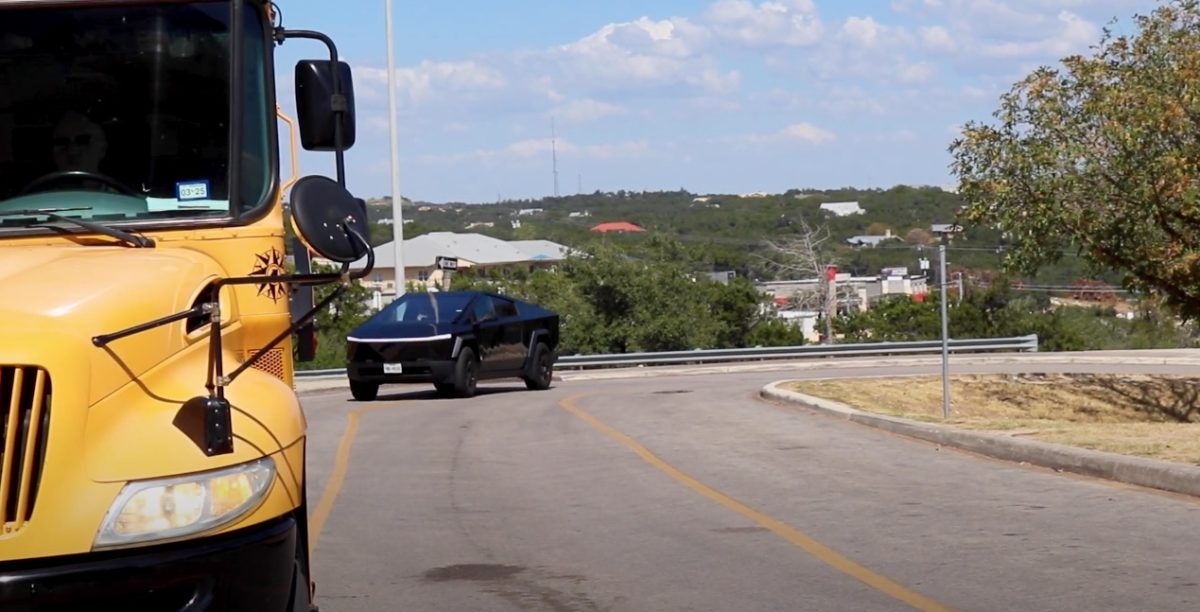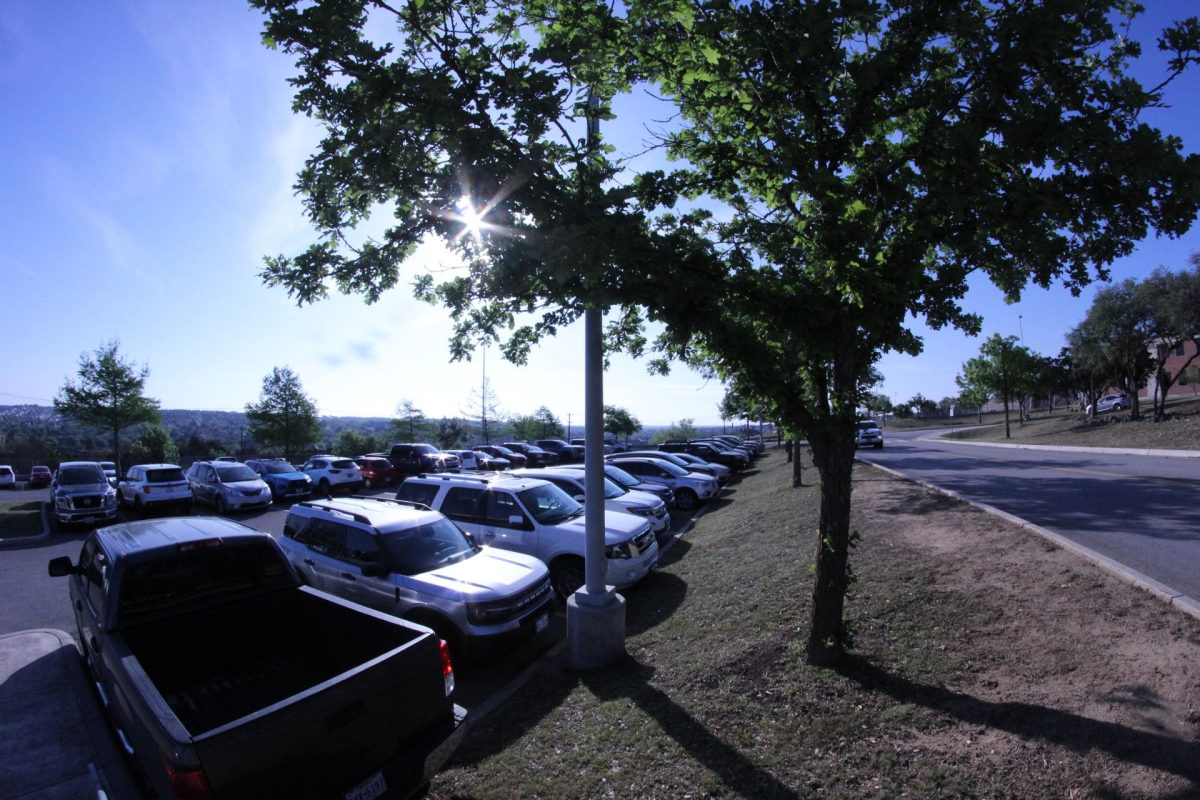Elly Beauchamp | editor in chief
This Wednesday, Democratic presidential candidate Bernie Sanders dropped out of the race for the Democratic nomination against former Vice President, Joe Biden. The suspension of his campaign came suddenly, but he said in a live-streamed speech that “while this campaign is coming to an end, our movement is not.”
Since the global COVID-19 virus has forced people inside of their homes, the 2020 election has been taken to the sidelines. However, with the Democratic nomination coming closer to its conclusion, and the Democratic Convention only four months away, how the government will handle the upcoming elections is becoming a bigger and bigger issue.
“TV ads and digital media will definitely play a much larger role in this campaign,” AP US and world history teacher Justin Felux said, ”since traditional campaign activities such as rallies and door-to-door canvassing are disallowed in places under lock down orders. This could change if the pandemic situation improves.”
Through the confusion of dealing with COVID, President Trump has made comments about postponing the upcoming election in order to deal with the virus, but this is very unlikely.
“The Constitution sets the date for the election and that’s not something the president can change on his own. November is a long way off, and hopefully people will be able to vote as always,” AP government and psychology teacher Patricia Castellanos said, “However, contingency plans need to be put in place by states for options other than in person voting, such as mail in ballots.”
Biden is now the only democrat left in the race and will most likely receive the nomination, going up against Trump in the 2020 election this Nov.
“Both the Democrats and Republicans hold conventions in the summer. It remains to be seen if these gatherings will be able to be held in person. The democrats are already talking about the potential for a “virtual” convention,” Castellanos said, “The most likely scenario [for the election] would be mail in ballots. Some states already have this in place. The issue is that because of Federalism and our Constitution, elections are run by state and local entities, not by the federal government. But the federal govt. possibly could mandate (because of the situation) that all states put in place the ability for people to vote by mail. Online voting isn’t feasible and would be too difficult to secure.”
Even with the election getting closer by the day, some people are okay with it taking the backseat until the virus slows down.
“While I usually like to stay informed, I feel like lately, I lean more towards reading stuff about the pandemic, since it’s something that’s changing every day and we have to plan accordingly to what’s going on at the moment,” senior Sofia Coligon said. “If you want to stay informed you definitely can, I just feel like people would rather see media coverage on the pandemic for obvious reasons; I don’t really think a lot of people are thinking about it right now with everything that’s been going on.”
As most states begin to prepare for the estimated peak of the virus, the 2020 election will take a more dominant presence in mainstream media.
“I think at this point, no one knows what’s going to happen. We can guess when the death rates and cases will peak, but we can’t know for sure that this whole thing will be over by November,” Coligon said. “It isn’t, not only would the government have to come up with some online-voting alternative to keep people safe, which would be hard to do, but I also think people wouldn’t be in the right mindset to vote.”








